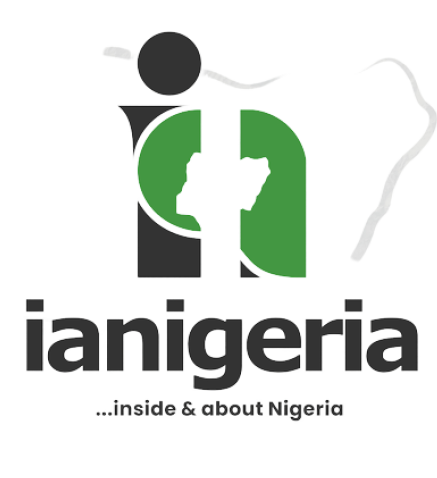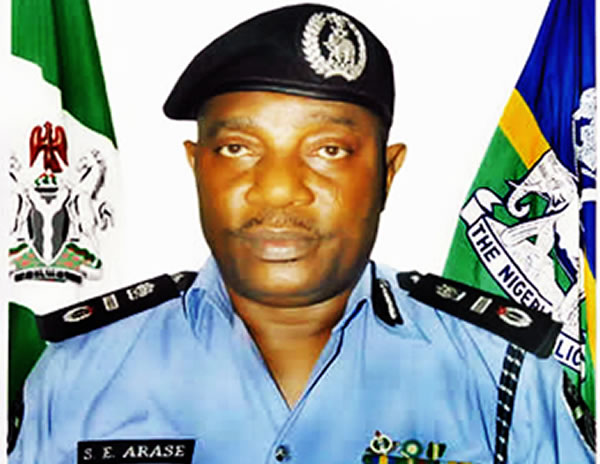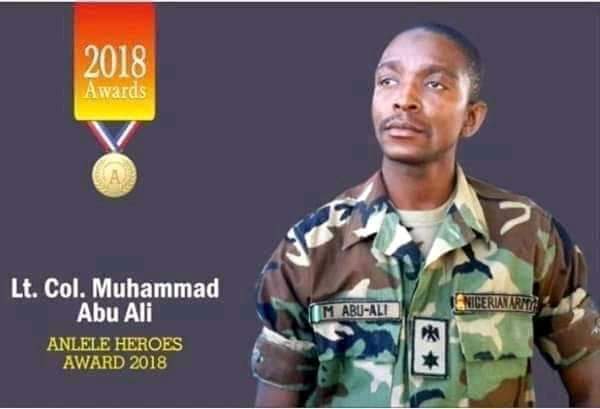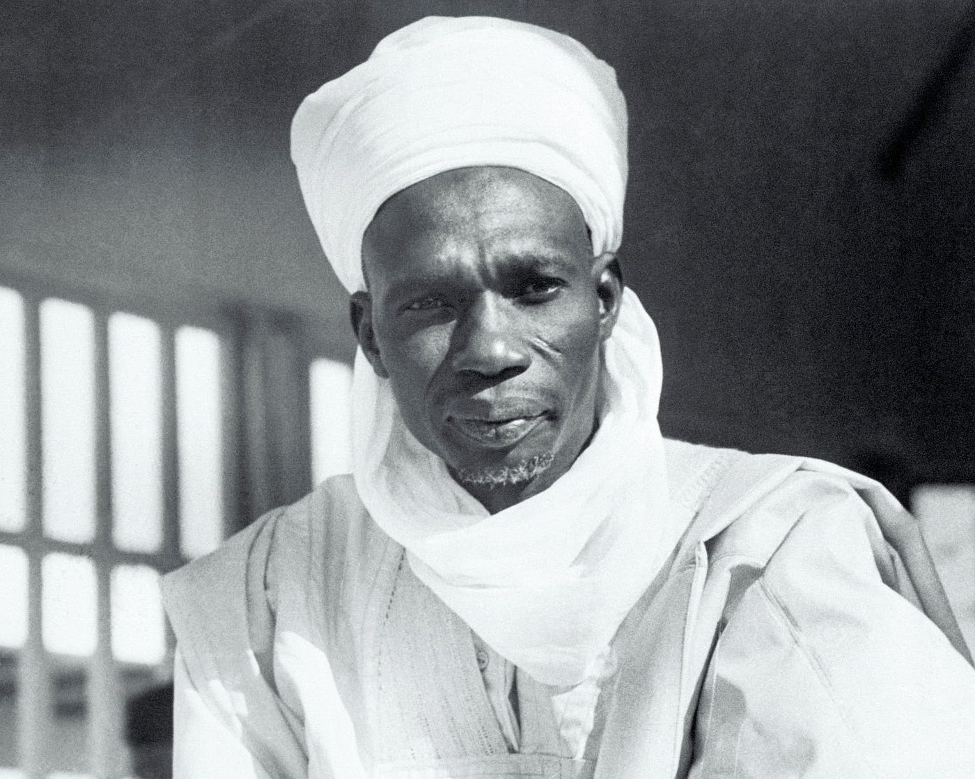
Ancestral background
England’s foremost playwright and literary giant William Shakespeare once remarked: “Some are born great, some achieve greatness, and some have greatness thrust upon them.” In the person of Dr Stella Ameyo Adadevoh the above assertion found its complete expression. Dr Adadevoh (as we shall henceforth address her) was born in Lagos, Nigeria on 27 October 1956 into the noble family of Adadevoh. Her father’s name is Babatunde Kwaku Adadevoh from the Volta Region of Ghana. He happened to be a famous physician, distinguished scientist, lecturer, author, and former Vice-Chancellor of the University of Lagos; while that of her mother is Deborah Regina McIntosh.
From her paternal pedigree, she was the great grand-daughter of Herbert Samuel Macaulay, Nigeria’s foremost nationalist; and from her maternal pedigree, she was the grandniece of Nigeria’s first president Nnamdi Azikiwe and also the great-great-granddaughter of Sara Forbes Bonetta and a great-great-great-granddaughter of Ajayi Crowther. Therefore, from her ancestral origins, she was born into greatness, by dint of resilience and hardwork she achieved greatness, while the conducive family miliu and educational backgrounds combined amicably to thrust greatness upon her.
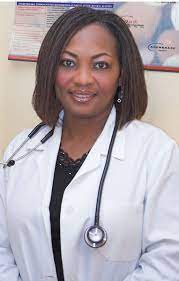
Legendacts
Dr Adadevoh sacrificed her life to save Africa’s most populous country, Nigeria, and on 4 August 2014, during the Ebola plague.
THE WOMAN WHO SHAPED 2014!
Our mother planet Earth has been blessed with great men and women who visited her and left an indelible impression. Of the women who left Mother Earth and shaped her in 2014 is the humanitarian and selfless personality Dr Stella Ameyo Adadevoh. This memoir of hers serves as a beckon of hope to so many men and women out there whose services to humanity’s home remain unsung, yet reverberate in keeping our collective existence intact, especially in devastating circumstances occasioned by both human and natural disasters.
Education
Education, whether formal or informal, is a light bright enough to light up the path of those who embrace it; it is the only veritable instrument which purges man’s animality to preserve his humanity. In both senses of education, Dr Adadevoh embraced it to the core. Her greatness did not occur in a vacuum. She first received an excellent education and culture which propelled her into greatness and public recognition.
First, Dr Adadevoh went to preschool at the Mainland Preparatory Primary School in Yaba, Lagos (1961-1962). She spent two years in Boston, Massachusetts before moving back with her family to Lagos. She attended primary school at the Corona School, Yaba in Lagos, Nigeria (1964-1968), and later proceeded to the prestigious Queen’s School, Ibadan (1969-1974) Nigeria where she obtained her secondary school education.
Having completed her Secondary education with flying colours, Dr Adadevoh made the right step into the prestigious University of Lagos (Unilag) where she graduated from the University of Lagos College of Medicine with a Bachelor of Medicine/Bachelor of Surgery. She served her one-year mandatory horsemanship at Lagos University Teaching Hospital in 1981. She spent her residency at Lagos University Teaching Hospital and obtained her West African College of Physicians and Surgeons credential in 1983.
After a successful tertiary education in Nigeria, Dr Adadevoh proceeded overseas to broaden her coast of knowledge and prepare herself for a greater impact on society. This took her to London to complete her fellowship in endocrinology at Hammersmith Hospital. She spent 21 years at the First Consultants Medical Center in Lagos, Nigeria. There, she served as the Lead Consultant Physician and Endocrinologist.
Her Career and Fame
The legendary Archimedes knew perhaps more than everyone else the role of foundational support in personal development and realization of potentials when remarked: ” Give me a lever and a fulrum and l will lift the world!” Having been given these lever and falcrum of education, Dr Adadevoh entered the society with energy and enthusiasm to transform it. This started when she successfully diagnosed the Liberian delegate to the UNESCO conference of 2014 Mr Patrick Sawyer with the dreaded Western African Ebola virus despite not having seen it for the first time.
Although she had never seen Ebola before, nevertheless, was able to identify and differentiate it from other maleria symptoms perhaps due to her diligence, perspicacity and dedication to duty. Satisfied that it was the dreaded Ebola virus which ravaged other Western African countries, she contacted the Federal Ministry of Health for adequate prevention and /or containment despite pressures even from colleagues in the same medical profession. For example, when she was pressured by Liberian officials who wanted the patient to be discharged to attend a conference, she resisted the pressure and said: “for the greater public good” she would not release him.
By this exemplary selflessness and dedication to duty inspired by humanism, Dr Adadevoh was able, with the help of her team, to contain the fast-spreading Ebola virus from affecting Nigerians and other neighbouring countries. Without her spirit of dedication, excellence, diligence and unwavering humanitarian commitments, 2014 could have become a year of disaster just as the years 2019-2020 when such a pandemic got out of hands. In fact, it could have been so devasting since Nigeria’s health system was not prepared for an outbreak at the time.
Subsequently, all 20 Ebola cases in Nigeria were traced to a single path of transmission originating with the first (index) patient who took a flight from Monrovia, Liberia to Lagos. This is what differentiated the Ebola outbreak in Nigeria from the outbreaks in Guinea, Liberia, and Sierra Leone, where the index patients were not initially diagnosed or contained. Then, the World Health Organization declared Nigeria Ebola-free on the 20th of October 2014.
Living after death: honours and awards
The heroine of 2014, Dr Adadevoh sacrificed her life to save Africa’s most populous country, Nigeria, and on 4 August 2014, it was confirmed that she had tested positive for Ebola virus disease and was being treated. Adadevoh gave up the ghost in the afternoon of 19 August 2014 alongside three of hercolleagues. Her heroism prevented a major outbreak in the mostpopulous African country and served as the catalyst forsuccessful government action to contain the spread of whatwould have been a major outbreak in a country of more than 190million people.
She was survived by her husband Afolabi and son Bankole among other relatives.
Thereafter, her immortalization process commenced when the Dr. Ameyo Adadevoh Health Trust (DRASA), a non-profit health organization, was created in her honour. The film 93 Days is dedicated to Adadevoh and tells the story of the treatment of Sawyer by Adadevoh and other medical staff at First Consultant Medical Center. The film was directed by Steve Gukas. Also On27 October 2018, she was honoured with a Google Doodle posthumously in memory of her would-be 62 birthday.
In February 2020, a road was named after Dr Adadevoh inNigeria’s capital City, Abuja, The road “Ameyo Adadevo Way” is directly linked to Ahmadu Bello Way. Several other awards and ceremonies held in honour of the who woman shaped 2014 include but not limited to:
National and Community Service Award5 October 2014,Trinity House Church;
Honorary Doctorate Degree: Doctor of Letters, Honouris Causa11 October 2014,Baze University;
Nollywood Humanity Award18 October 2014,Nollywood Movies Awards;
Arise Award25 October 2014,Redeemed Christian Church of God;
Posthumous Award3 November 2014, Women in Management, Business Organizations and Public Service (WIMBIZ);
Exemplary Leadership Award12 November 2014, Pathcare Laboratories;
Distinguished Service Award15 November 2014,Guild of Medical Directors FCT Abuja.
